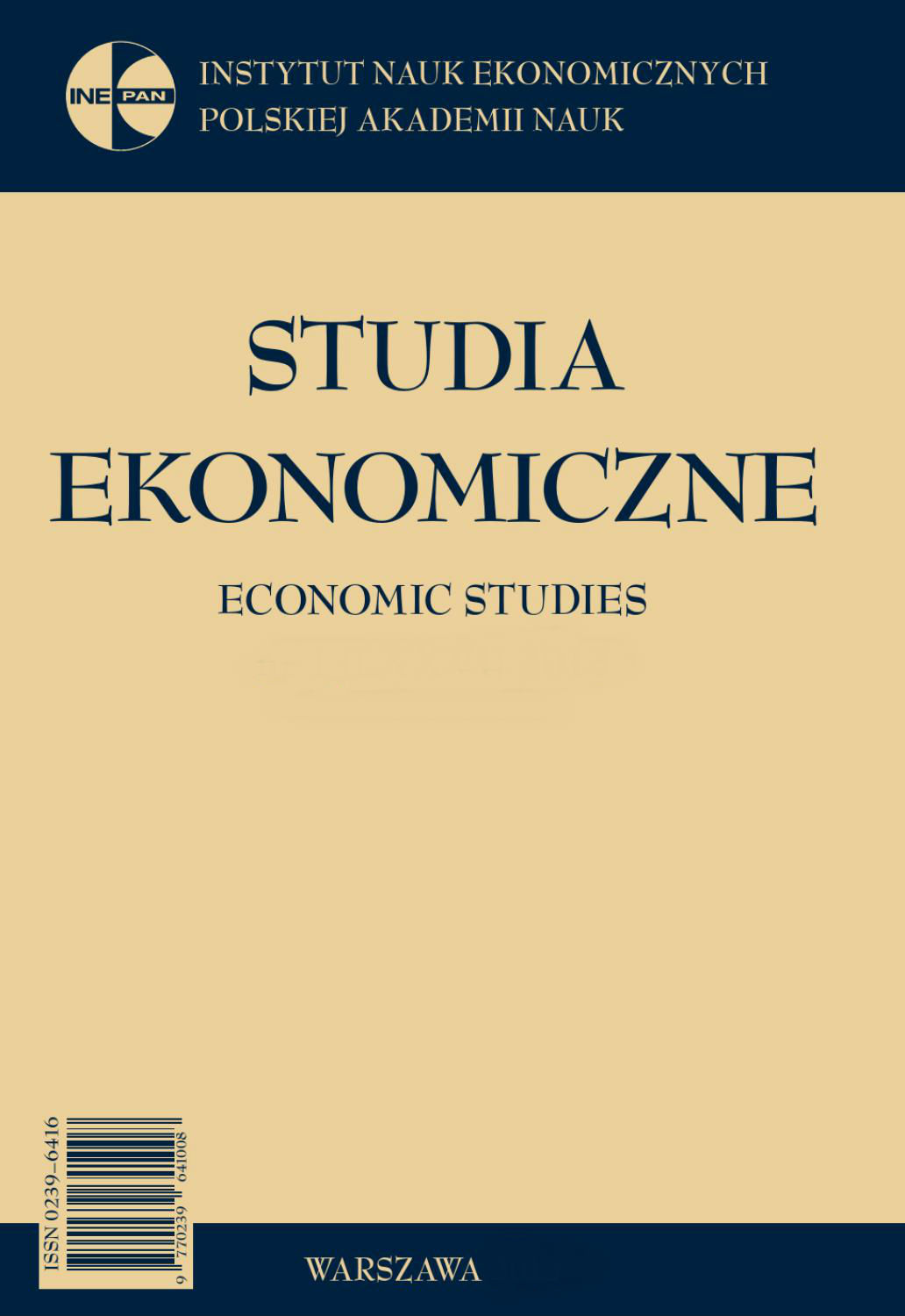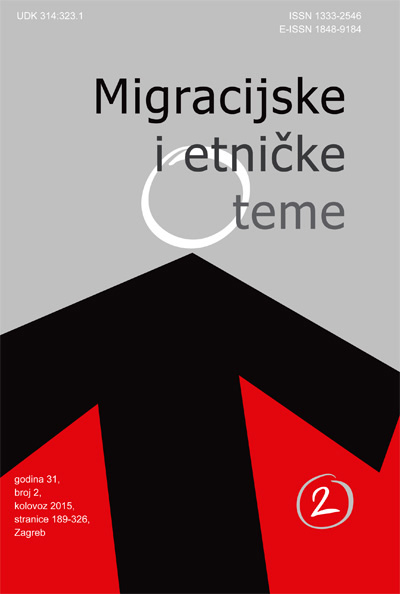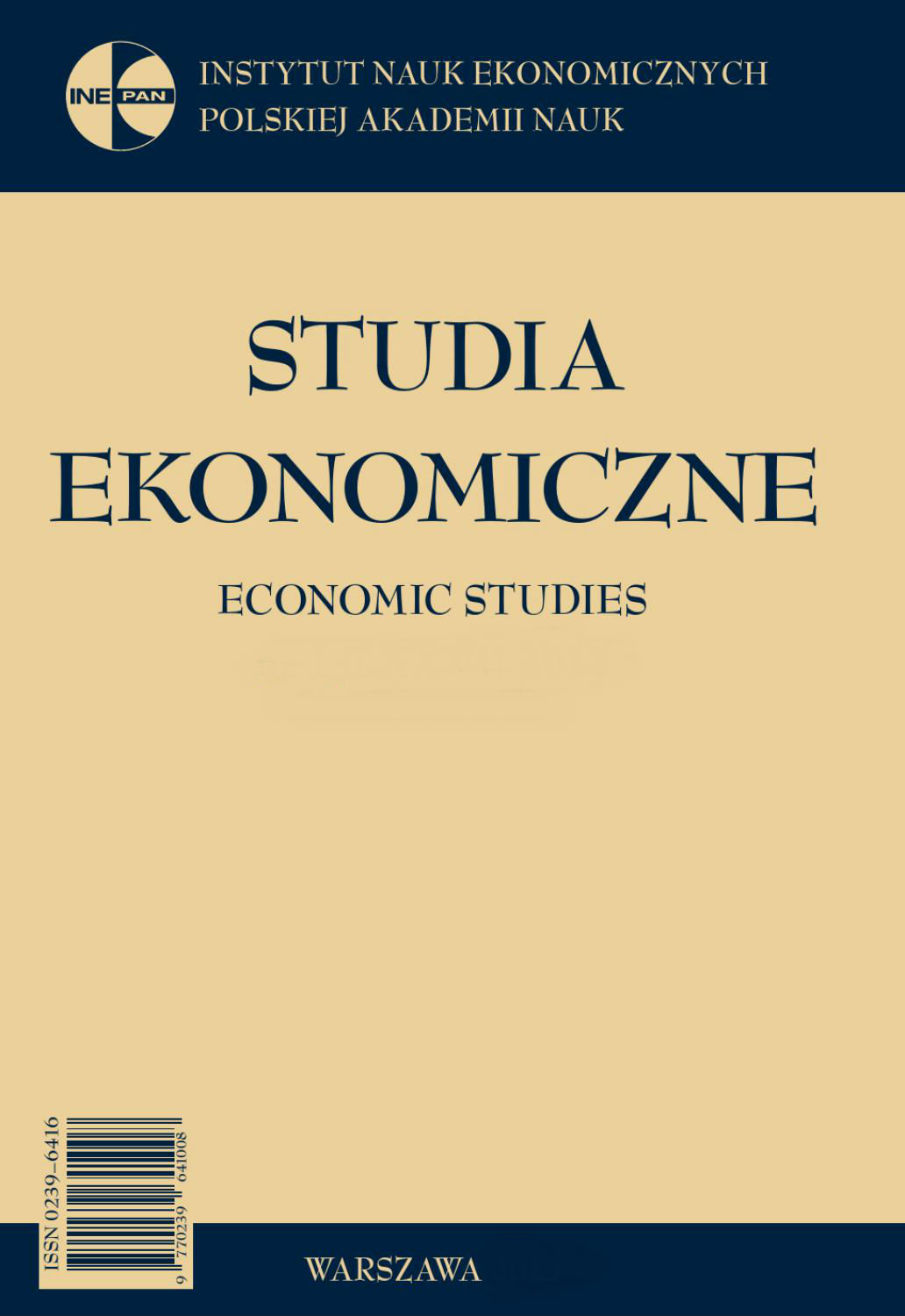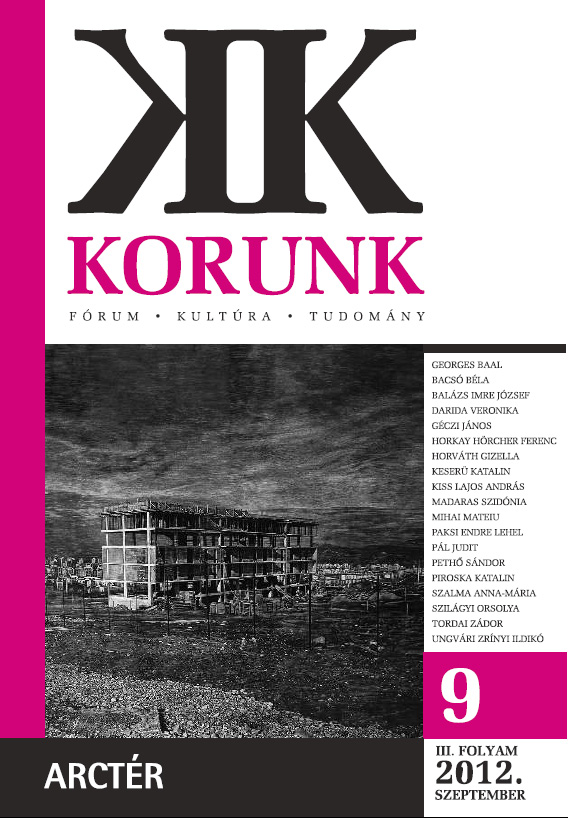
Polish corporate investment in R&D versus cash flow and avaibility of bank credit
Inwestycje polskich przedsiębiorstw w B+R a cash-flow i dostępność kredytu bankowego
Keywords: R&D; cash holdings; financing constraints; dynamic panel data; system GMM
Purpose: The article aims to identify the determinants of corporate investment in R&D, with particular emphasis on cash fl ows and accessibility of bank credit. Methods: We conducted the analysis of unbalanced panel data of individual companies (employing at least 10 workers) from the annual reports of GUS F-02 for the years 1995–2012. We used the system GMM estimator (Generalised Methods of Moments; Arellano, Bover 1995; Blundell, Bond 1998) to estimate the parameters and we applied robust variance-covariance matrix. Results: We found strong dependence of investments in R&D on corporate savings, and signifi cantly lower on the “new” loans and borrowings. Saving companies are less depend on the availability of fi nancing in the credit market. Conclusions: Companies generating financial surplus (cash flow) from operating activities are more likely to invest in R&D. Accumulated corporate savings allow them to smooth and stabilize spending on research and development. Finally, economic cycle plays an important role in explaining Polish companies expenditure on R&D investments.
More...



